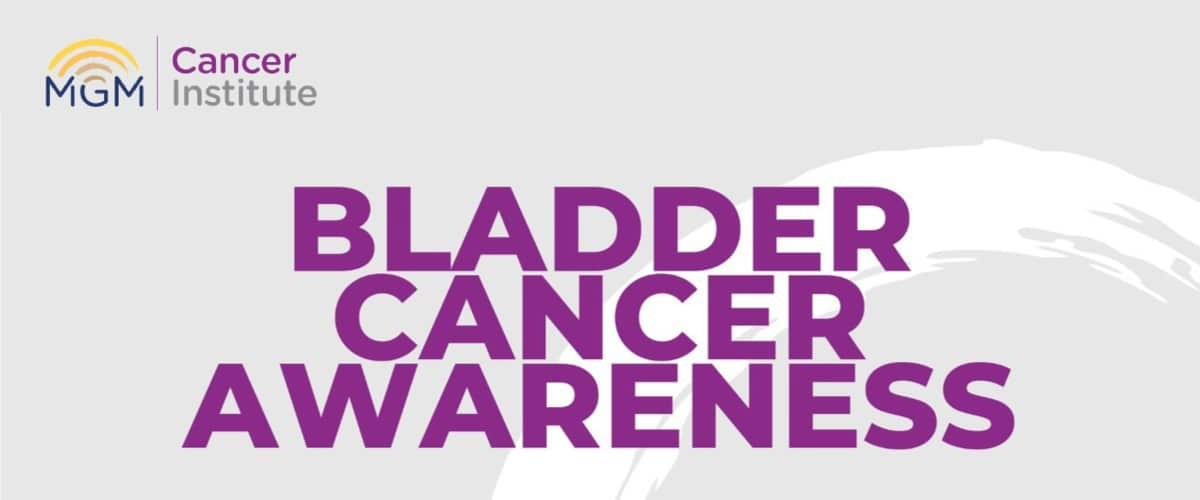
Bladder Cancer in India: What You Need to Know
Can blood in your urine or a frequent urge to urinate be a potential cancer threat? Bladder cancer might be the culprit. This type of cancer is prevalent in India and is responsible for 3% of all cancer cases, affecting men more than women. It can be challenging to detect in the early stages as symptoms are like other urinary tract infections. However, early detection is crucial, and this article will help you understand the symptoms, causes, risk factors, screening, diagnosis, treatment, and follow-up of bladder cancer in India.
Symptoms of Bladder Cancer
Blood in the urine, painful urination, frequent urination, and a constant need to urinate are symptoms of bladder cancer. If you experience any of these symptoms, consult a doctor immediately, as these could also indicate other urinary tract infections.
Stages of Bladder Cancer
Bladder cancer has different stages, depending on the extent of the cancer. Stages range from 0 to 4, with 0 being the earliest stage where cancer hasn’t spread beyond the bladder lining. Stage 4 is the most advanced stage where the cancer has spread to other parts of the body. Knowing the stage is vital as it helps determine the treatment approach.
Causes and Risk Factors
While the exact cause of bladder cancer is unknown, certain factors can increase the risk of developing it. Smoking is the leading cause, accounting for 50% of cases. Exposure to certain chemicals, chronic bladder inflammation, a family history of bladder cancer, and genetic mutations are other risk factors.
Prevention, Screening, and Diagnosis
Reducing exposure to risk factors, quitting smoking, and avoiding certain chemicals can help prevent bladder cancer. Regular screening is recommended for high-risk individuals. Screening involves physical exams, urine analysis, cystoscopy, and biopsy. Early detection can improve the chances of successful treatment.
Treatment Options
Treatment options depend on the stage and severity of the cancer. Surgery is the primary treatment, which can involve removing a part of the bladder or the entire bladder. Chemotherapy, radiation therapy, and immunotherapy are other treatment options.
Post-Treatment Follow-Up
After treatment, patients require regular follow-up appointments to monitor for recurrence or side effects from treatment. It’s crucial to maintain a healthy lifestyle, avoid smoking, and attend regular follow-up appointments with the doctor to manage bladder cancer effectively After treatment, regular follow-up appointments are essential to
Contact Us
Visiting Hours
OPEN 24 hours 7 days a week.
OPD Timings : Monday to Saturday
( 9:00 AM to 5:30 PM )
Appointments
Emergency
Visit the hospital
MGM Cancer Institute
No 119 & 121, Nelson Manickam Road, Raajeswari Street, Rajaram Mehta Nagar,
Aminjikarai, Chennai – 600029
At MGM Cancer Institute, we believe in curing the fear of cancer first. We understand that battling cancer is not just a physical fight, but a mental and emotional one as well. Our dedicated team is committed to providing exceptional healthcare that improves your overall well-being and eases the anxiety that comes with cancer. With a 150-bed facility in the heart of your city, we are here to support you every step of the way.
© MGM Cancer Institute. All Rights Reserved. Last updated on 20-01-2025.
















